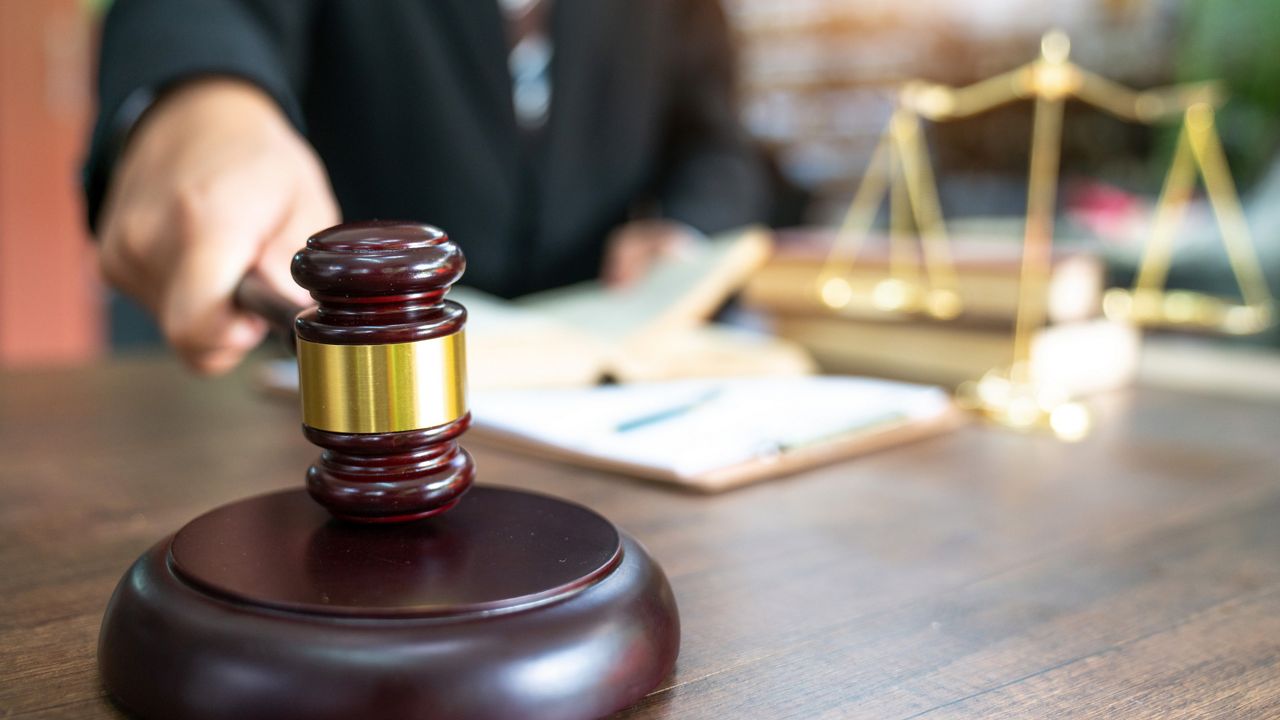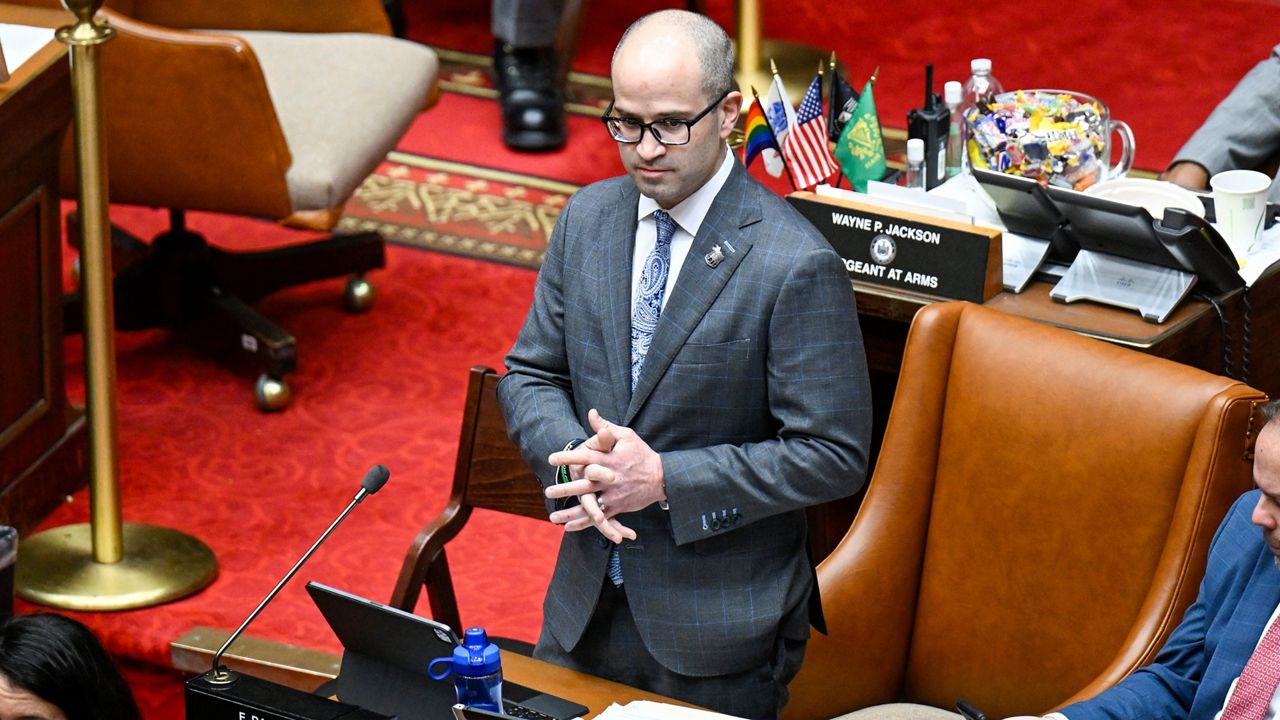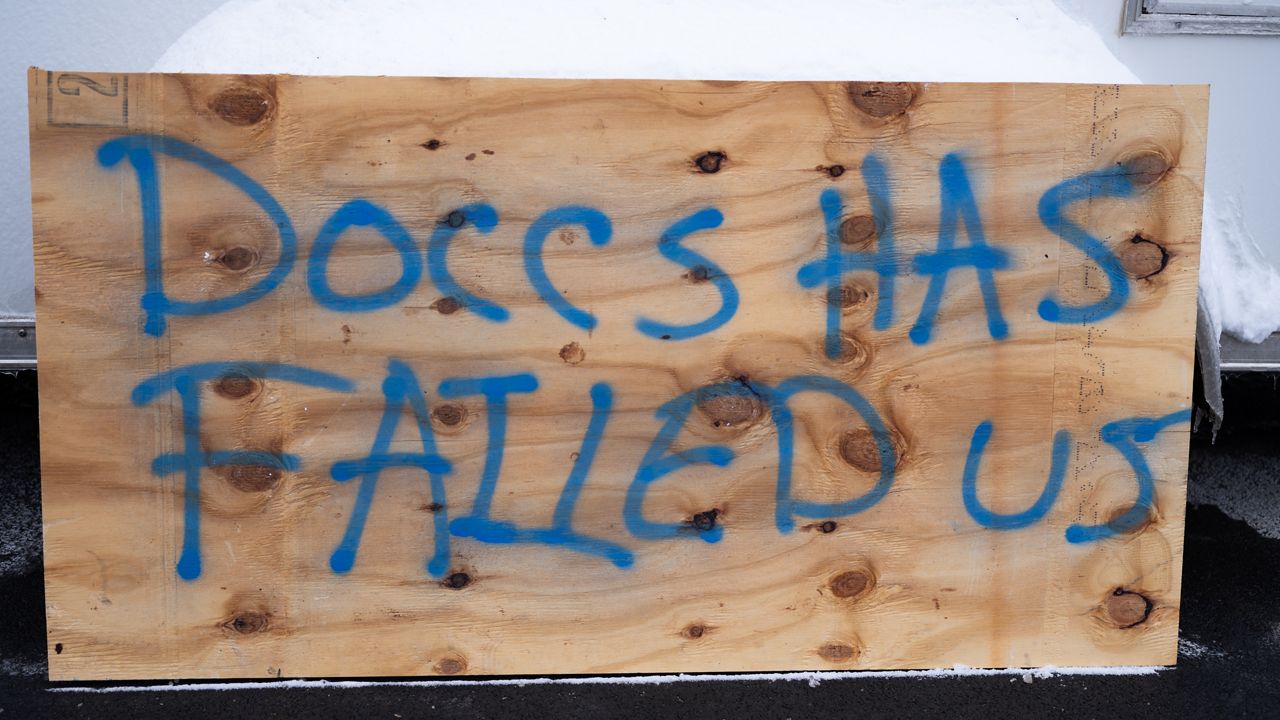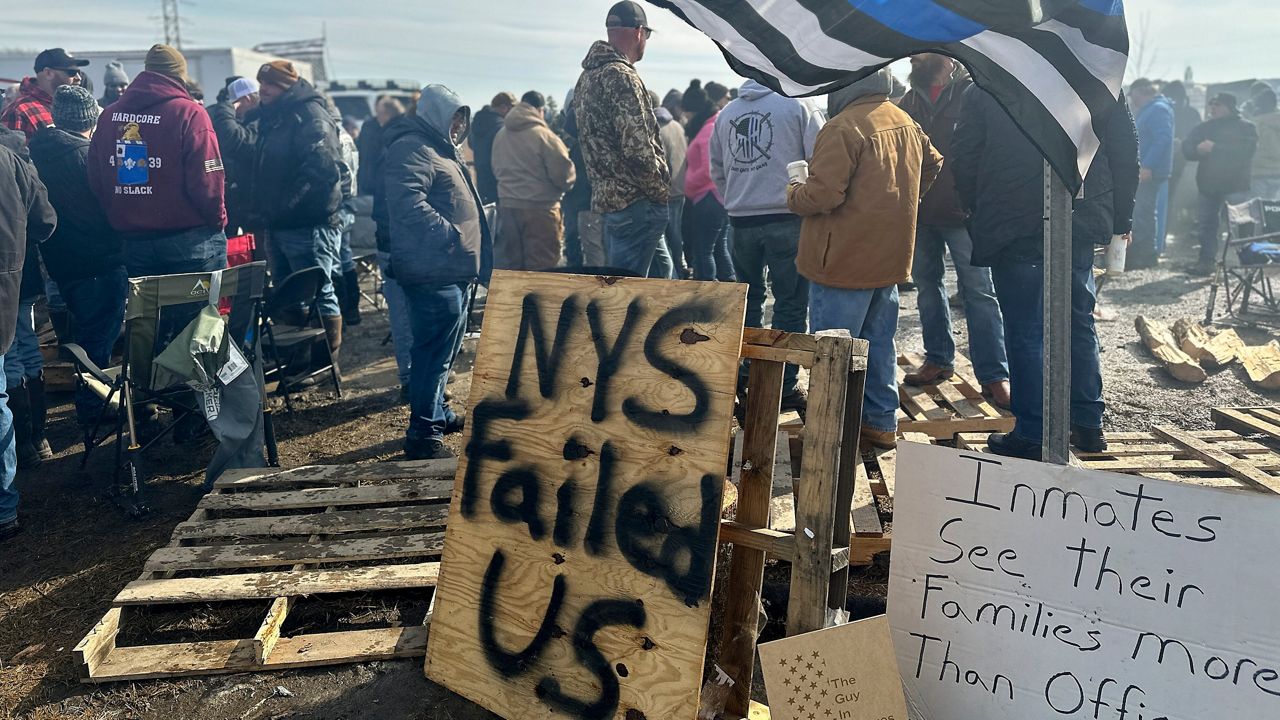Guns that are privately assembled from kits and are consequently untraceable are commonly referred to as “ghost guns."
While they are illegal in New York, Dr. Robert Spitzer, an adjunct professor at the College of William and Mary School of Law and distinguished service professor emeritus at SUNY Cortland, told Capital Tonight that they are very easy to acquire in other states.
“You can [buy them] through the internet, order parts from a company that makes them. And with minimal tools and effort, you can assemble the gun,” he said.
There is a good chance that the Supreme Court could rule at some point in the future that “ghost guns” cannot be treated differently than traditionally-manufactured guns, in which case New York’s law could be challenged.

Here’s the latest: Earlier this week, the Supreme Court sided with the Biden administration to temporarily reinstate a rule by the Bureau of Alcohol, Tobacco, Firearms and Explosives that regulates so-called “ghost guns” while a challenge to the rule winds its way through the federal court system.
The ATF’s rule, which was put into place last year, required 3D gun kits to be produced by licensed manufacturers and to have serial numbers. Purchasers of these kits also needed to pass background checks.
At the behest of 3D gun manufacturers, a federal court imposed an injunction preventing the enforcement of ATF’s rule.
It’s this order that the Supreme Court ruled was to be temporarily lifted while the case is adjudicated.
According to Spitzer, there are two arguments being made against the ATF regulations. One is that it’s administrative overreach.
“The second argument is a Second Amendment type-argument that there is no historical basis for requiring guns to have serial numbers,” he said.
Regarding a possible future challenge to New York’s law, Spitzer said it depends on the particulars of how the Supreme Court rules on the 3D gun manufacturers’ case.
“One of the things we know in the aftermath of the Supreme Court’s very dramatic ruling in the Bruen case, basically expanding gun rights and changing the basis for deciding whether current gun laws are constitutional or not, is that there could still be a challenge against New York’s 'Ghost Gun' law,” Spitzer said.










